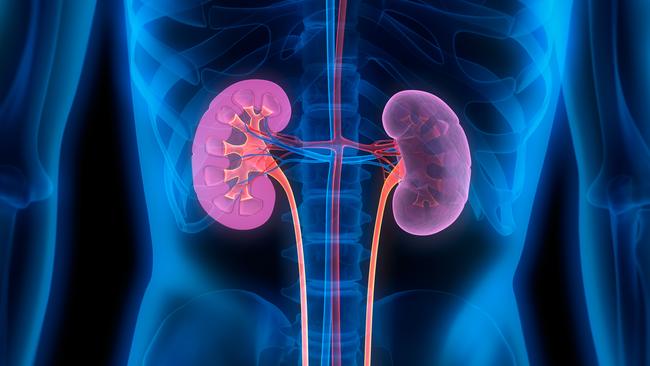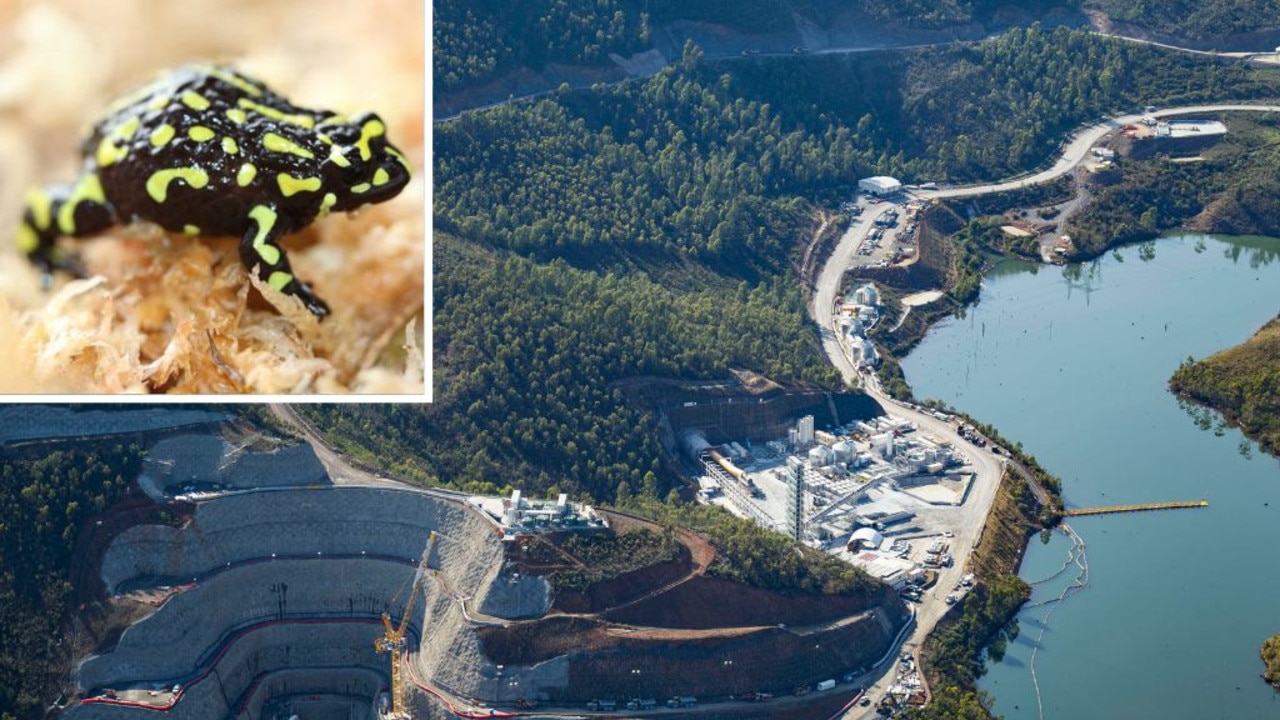Big win in kidney disease battle
A simple blood test that could identify people with diabetes who are at risk of developing potentially fatal chronic kidney disease has been made possible.

A simple blood test that could identify people with diabetes who are at risk of developing potentially fatal chronic kidney disease has been made possible, with Australian research identifying for the first time a genetic process that is altered in those who are susceptible to the condition.
For years, researchers around the world have searched in vain for a genetic biomarker of kidney disease in people with diabetes. Now international research led by Monash University has discovered a biochemical process associated with gene regulation that is the key as to whether individuals are at higher risk.
The finding is likely to open the way for the introduction of screening tests that could detect whether a person with diabetes is at risk of kidney disease years before any symptoms have developed. Current tests can only screen for kidney damage once the disease has already begun.
“Diabetic kidney disease is a serious and common complication of Type 1 and Type 2 diabetes, and over time poorly controlled diabetes can cause damage to blood vessels in your kidney that filter waste in your blood,” said Monash University epigeneticist Sam El-Osta, who leads the Human Epigenetics team at the Department of Diabetes in the university’s Central Clinical School. “This can lead to kidney damage and cause high blood pressure, and over many years the condition slowly damages your kidney’s filtration system.
“Early treatment may prevent or slow the disease process and reduce the chance of complications. However, the two established biomarkers used in the clinic today are not really effective as early predictive biomarkers for individuals with this condition.”

On average, people with diabetes are about 12 times more at risk of chronic kidney disease than the general population. More than 4800 people are hospitalised with kidney complications in Australia every week.
The scientists in the study, which is published on Wednesday in the Journal of Clinical Investigation, found that a critical process known as DNA methylation was reduced in Type 1 diabetics. The study’s findings are also applicable to Type 2 diabetics, the authors said.
DNA methylation is a biological process by which small molecules called methyl groups are added to the DNA molecule and can modify their function and change the way those genes are expressed. It essentially regulates when genes are switched on and off and is essential for normal development. The process has been associated with the risk of developing cancer but the link with chronic kidney disease in diabetics is a world-first discovery.
The findings have emerged from the largest-ever international study of Type 1 diabetes. The scientists performed methylation sequencing using hundreds of samples from Type 1 diabetics around the world and analysed the genes that are modified by the process, comparing the samples with those of individuals without diabetes.
Professor El-Osta, who led the study, said the findings revealed “important clues that reduced DNA methylation is closely associated with the increased risk of diabetes-related kidney disease”, adding: “These discoveries will influence how we screen patients with diabetes and improve risk stratification, disease prediction and diagnosis.”
Chronic kidney disease affects 11 per cent of Australians and many of that cohort have diabetes. In end-stage kidney disease, people must undergo kidney dialysis several times a week to stay alive.
Justine Cain, Diabetes Australia Group chief executive, said the research finding was encouraging. “Kidney disease is one of the most debilitating and costly diabetes-related complications. It contributes to more than 250,000 hospitalisations every year, and is the leading cause of end-stage kidney disease,” Ms Cain said.
“Most diabetes-related kidney disease can be prevented or delayed with early screening but presently only around one in four people have their kidneys checked within recommended timeframes. The reasons for this are complex but include a low level of awareness about the need for checks, timely referrals, and ease of access to testing.”




To join the conversation, please log in. Don't have an account? Register
Join the conversation, you are commenting as Logout